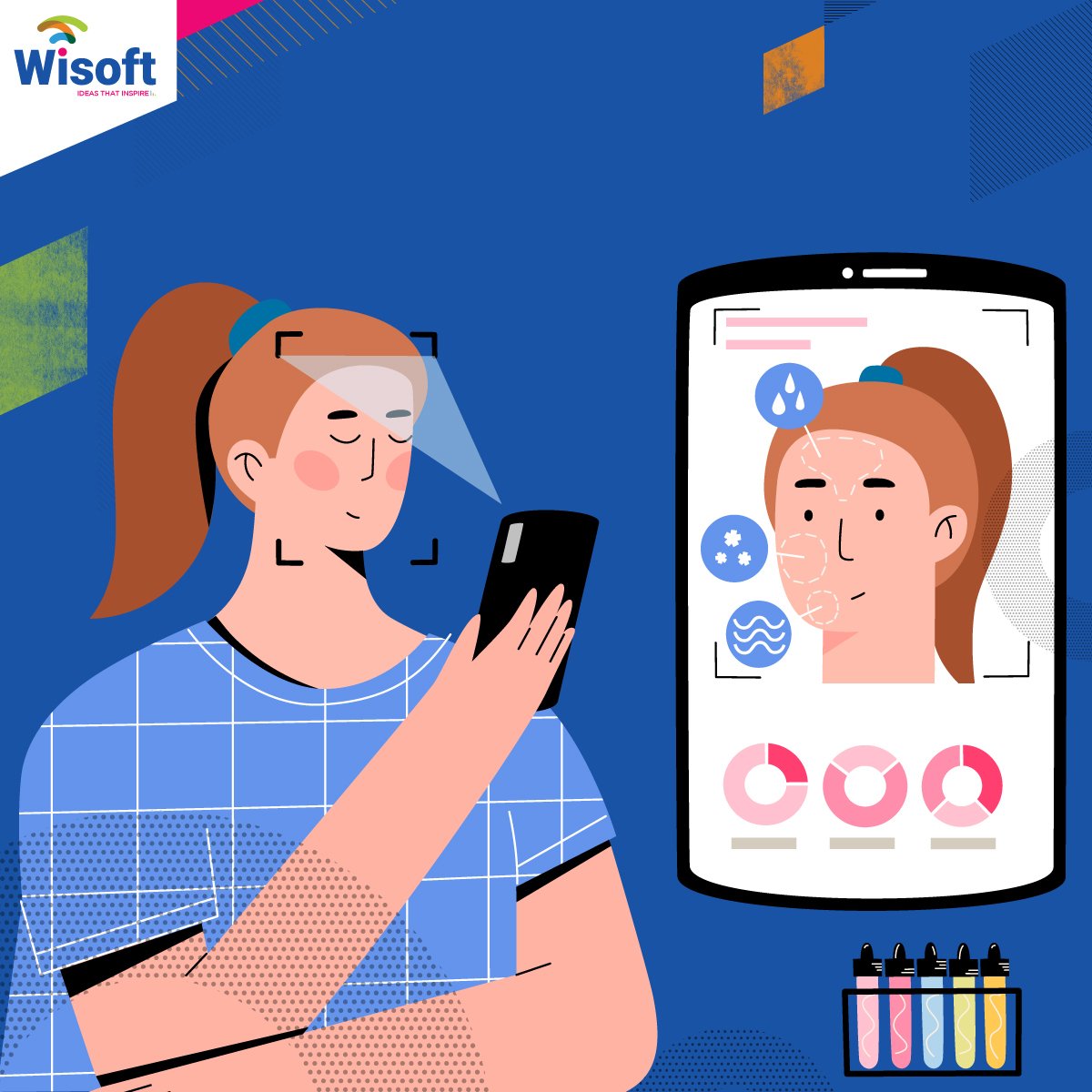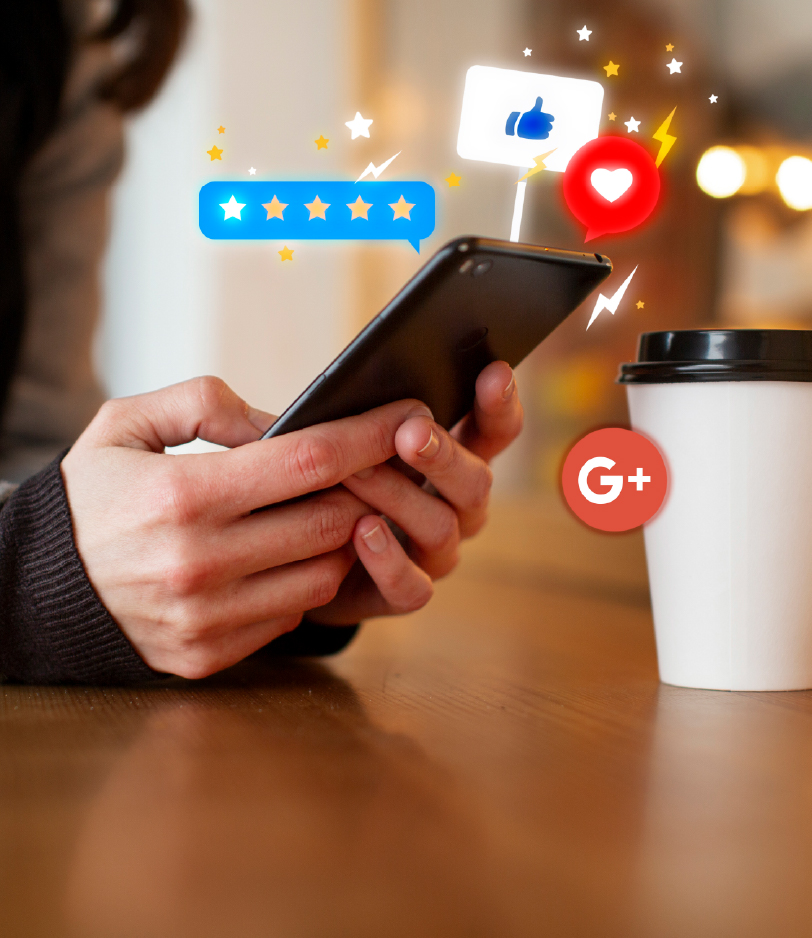Blogs > E-commerce Marketing 14-03-2021
Developing Beauty and Personal Care Brand with Digital Marketing
Digital marketing agencies and experts have endorsed a host of innovative beauty products rolled out in recent years. By selling directly to consumers, brands can seamlessly engage with users searching for a specific product, and also improvise their next product based on consumer feedback. So whether it is cruelty-free or vegan products, or whether it’s for women post a certain age or for young women just coming of age, the diverse beauty segment is destined to meet its global consumers in the online market space. Leveraging digital marketing best practices will help reach more people than what good old retail can offer.
In this article we take a look at trends that will continue to set the agenda for eCommerce beauty brands in the coming year:
1. Including all types of beauty
#alllivesmatter and the beauty segment is no exception to it. When healthcare brands recognize a user as a unique individual, it reflects in revenues. A Nielsen survey showed that brands selling more unique shades of foundations sold three times more compared to new general products developed. Beauty products selling to a multicultural consumer base saw comparably higher revenues, especially when boosted by online marketing to reach users across the globe. One brand may not be able to cater to a diverse pool of users, thereby leaving a gap for another brand to tap into, and deliver an inclusive line of products.
2. AI for beauty
The potential of AI is endless. Integrating this technology to enhance online consumer experience is the future of beauty marketing. L’Oreal’s AI powered beauty diagnostic app screens users skin and provides personalised skincare suggestion. Top AR company, Perfect Corp, along with ecommerce giant AliBaba launched the YouCam virtual makeup try-on, allowing users to virtually try any product before purchasing it. While trying and buying a product at the retail store for cosmetics will still be the preferred choice, these AI apps on are smart and getting smarter with every use, almost matching the experience of a physical try-on. Six months into the launch of YouCam, Alibaba reported four times increase in conversions rates.
3. Subscription models
With so many products flooding the market, expecting a customer to return to your brand is a tricky game for experts and digital marketing agencies. Thankfully the subscription box feature offers a term solution for that as well. A box of products delivered regularly to every subscriber is turning to be a popular choice at checkout, as it ensures consumers continuously have the product at hand. According to Mckinsey market survey, a subscription box curating items specifically for each subscriber were a hit among buyers, as it helped stock up but also allowed them to try newly launched products. Big retailers such as such as P&G (Gillette on Demand), Sephora (Play!), and Walmart (Beauty Box) have also caught on with the subscription box model for their skincare products, seeing the excitement it creates for the user.
4. Environmental clean chit for beauty
Consumers are carefully checking the ingredients on every label they buy. A Nielsen study found that users were aware of the environmental impact of beauty & healthcare products, and were rallying up towards more ethical and sustainable brands. Labelled ‘blue beauty’, these products caused no side-effects to oceans and water sources, and found many users willing to give it a try. Sustainable products appeal to users based on a philosophy of transparency, and brands that chose safe nature-friendly ingredients find good takers too. People are willing to be contributors in protecting the environment and are interested in making these lifestyle choices in their personal care products too.
5. Big data for beauty
Digital marketing agencies provide brands with big data insights into consumer behaviour, which retail outlets can only provide in silos. Spending data, eyeball traction, search words and surveys are helping healthcare and beauty marketing target consumers looking for hyper-personalised products. Big data is also helping power future research into healthcare marketing with influences from the consumer themselves.
6. Influencers
in the time of social media, an influencer is an asset to healthcare and skincare brands. When influencers engage their community in an honest conversation about brands they endorse, it gives brands greater visibility and authenticity. Followers can witness the promise of skincare or beauty products first on social media celebrities they trust, before actually making a purchase. According to subscription services, Ipsy, users enjoyed watching videos of their products being unboxed and tried on by their favorite beauty enthusiast. Influencers increase the visibility of a product and connect with users at different points on behalf of the brand. Influencers will continue to be big contributors to beauty and personal care marketing going forward.
7. Brand partnerships
Having a fellow brand endorse your product is perhaps the easiest way to expand a brand’s social circle. Collaborations with another brand is a playground for innovation. For instance, Cheetos and Hershey’s chocolate were seen collaborating with makeup brands to release themed eyeshadow ranges. Collaborative opportunities can mean a range of limited edition products for both brands in partnership, a “collector’s item, which has proven to generate quick peaks in demand as well.
8. Hyper-personalization
A brand should be as dynamic as its user - if everyone is unique, why shouldn’t their shampoos be special too? When hair texture, hair color, hair treatment and even water can change the final outcome, shopping for a product that can be customised makes brands more responsive to consumer needs. An Epsilon survey conducted online showed that 80% of respondents want to engage with a brand that would listen and innovate for their needs. Neutrogena’s AI app was able to collect data about a user’s skin based on a selfie, and used that information to 3D print a face mask suited for their skin type. This type of hyper-personalisation is appealing for users because it makes them feel cared for even by big brands.
The future for beauty Ecommerce
Beauty is meant to be shown to the world and according to the above trends, influencer marketing will be the most popular way for engaging with consumers. As consumers are growing mindful of the environmental impacts of businesses, beauty products that adopt cleaner production models will win the race in the long run. But most of all, the overarching consumer experience while purchasing online will be the cornerstone of beauty eCommerce and respective digital marketing agencies. As one of the top digital marketing agencies in Dubai, at Wisoft Solutions, we make sure your brand flaunts its inner beauty through effective digital marketing strategies.





